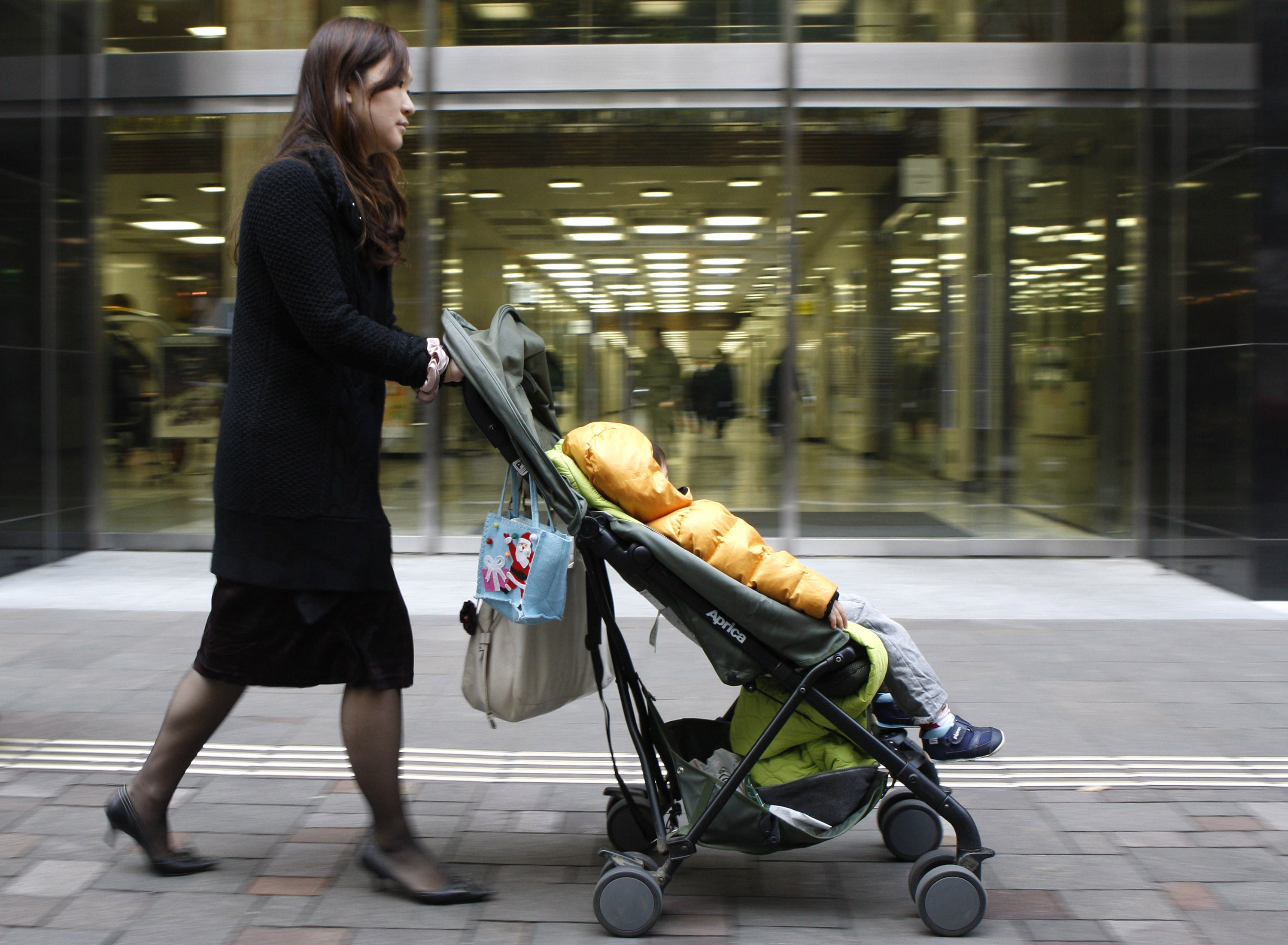Noriko Hitotsumatsu, a bilingual research pharmacologist with a master's from Cambridge University, considers herself lucky to have a part-time job in a Tokyo pharmacy after shelving her career to raise two daughters in one of the world's most work-oriented countries.
"I was determined to raise my children myself when they were small," she said. "When they were older, I kept to part-time work so I could coach them through school entrance exams, while my husband worked around the clock," she added. "I'd like to go back to full-time work someday, but I don't think I can return to research after such a long period away."
Japanese professionals like Hitotsumatsu, 38, face a raft of obstacles in returning to work after having a child, from a lack of affordable household services to tax rules that discourage women from full-time employment. Women abandoning work altogether contributed to Japan being ranked 90th out of 148 in female workplace participation in the World Economic Forum's 2013-2014 Global Competitiveness Report, more than 50 places behind China.

















With your current subscription plan you can comment on stories. However, before writing your first comment, please create a display name in the Profile section of your subscriber account page.